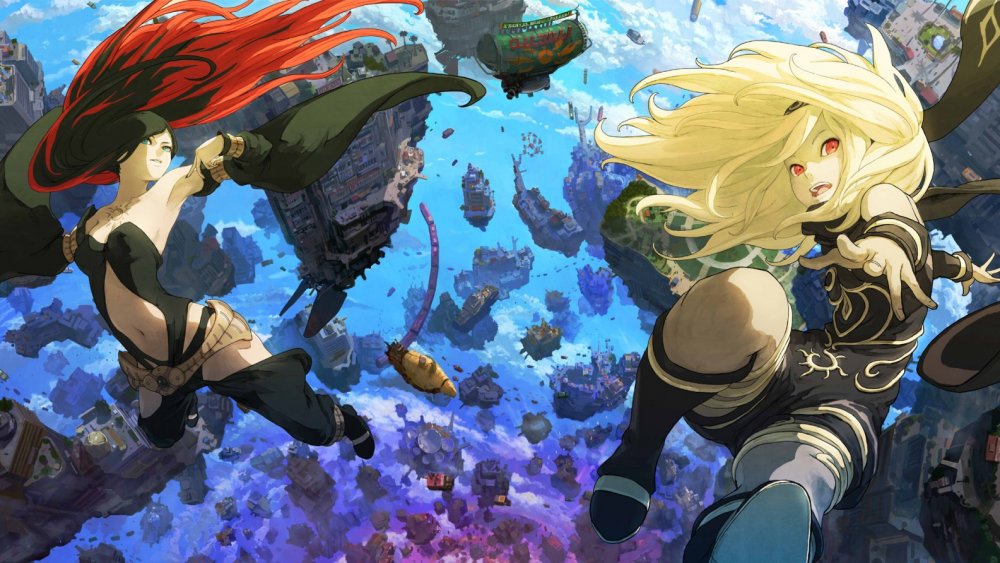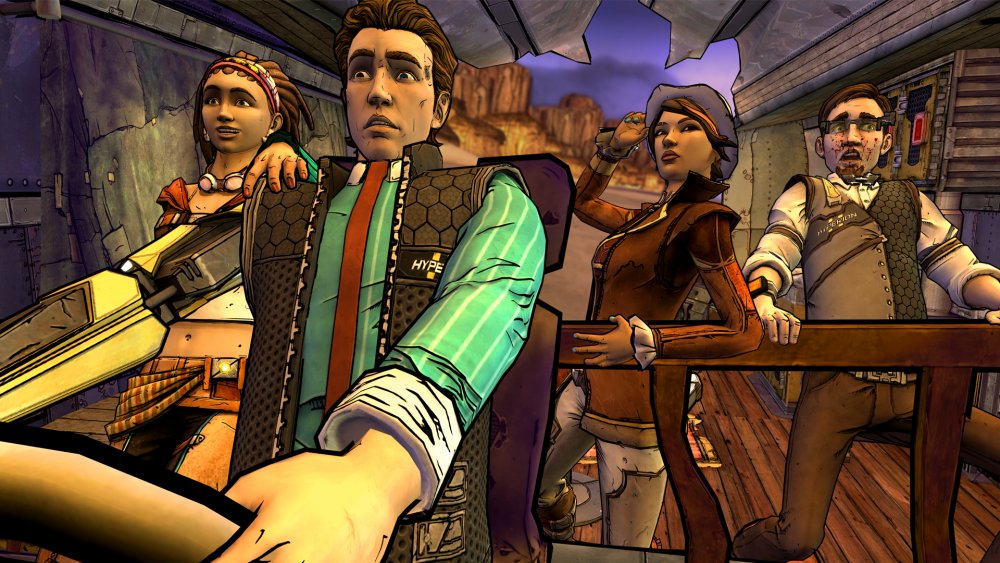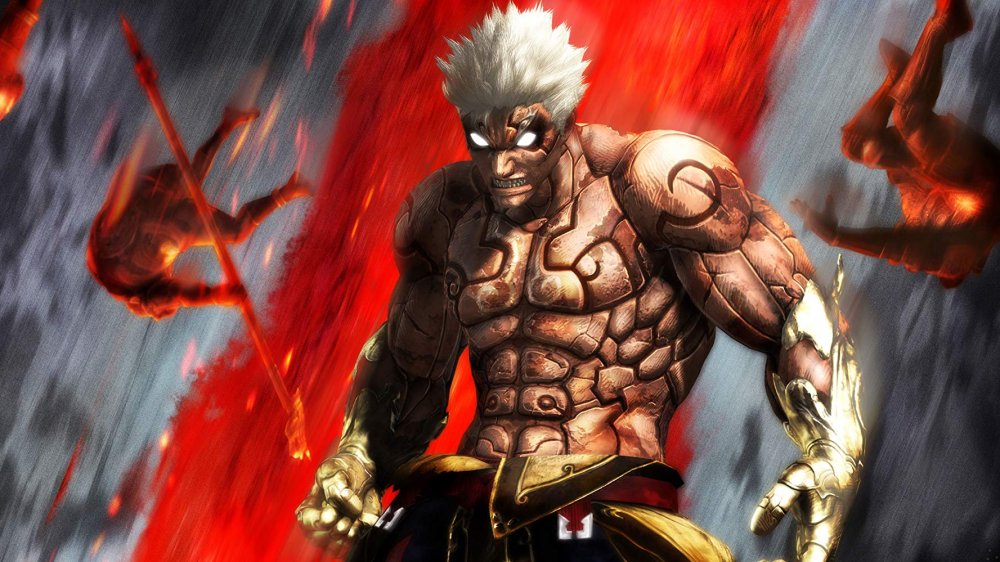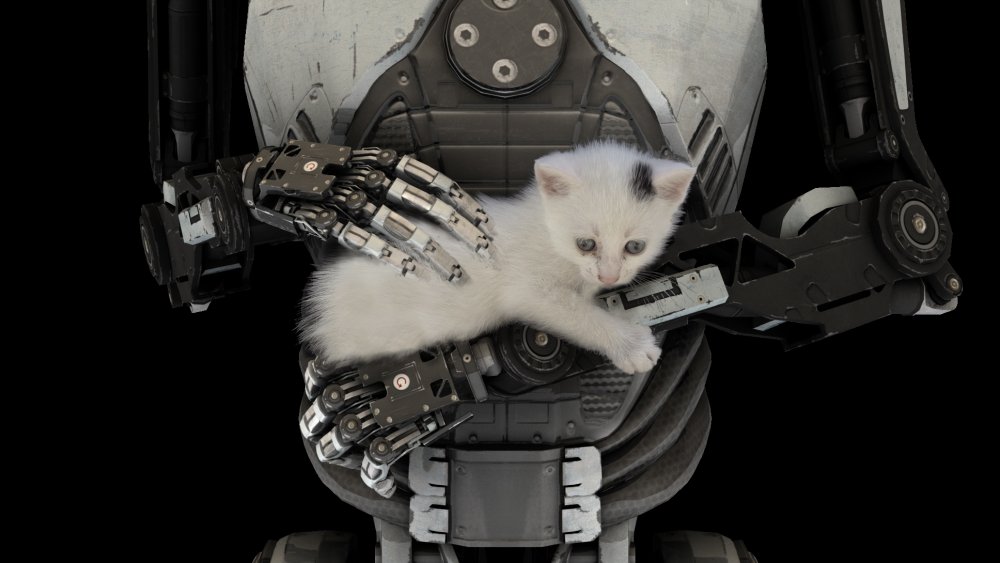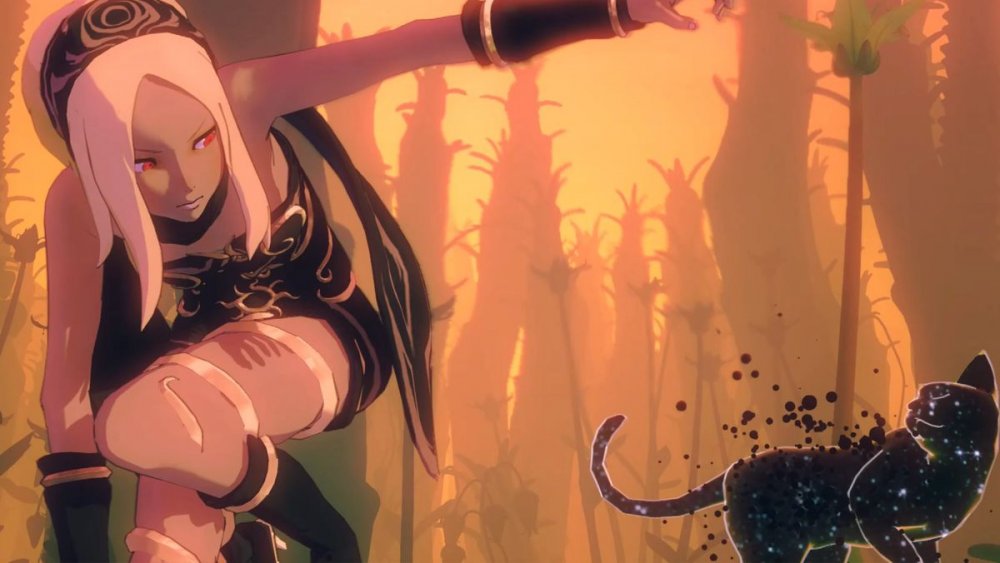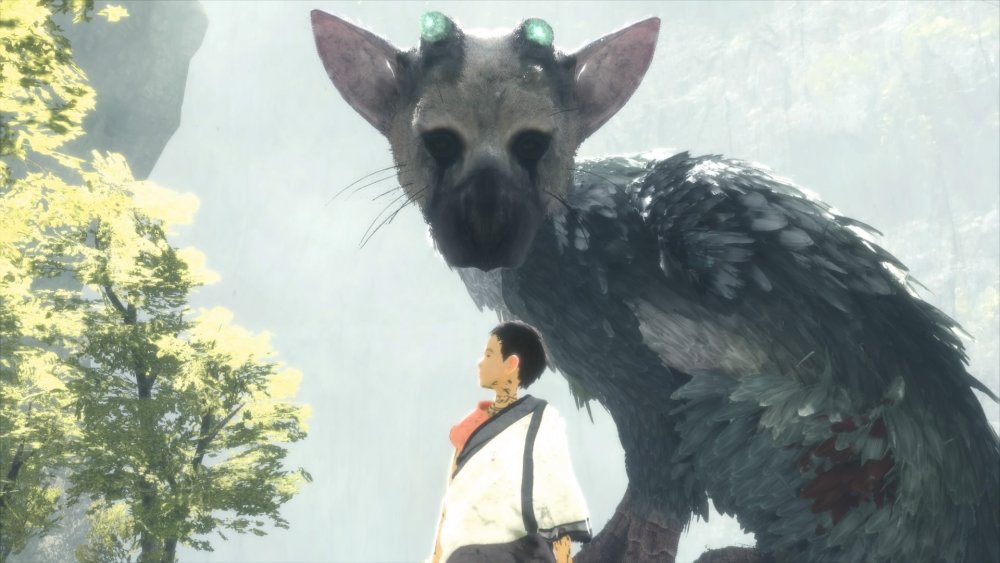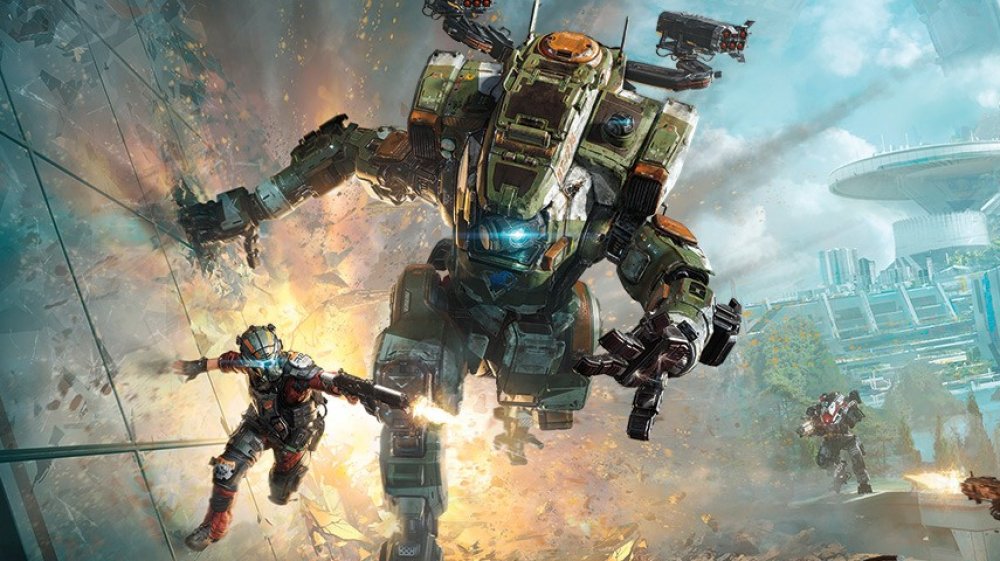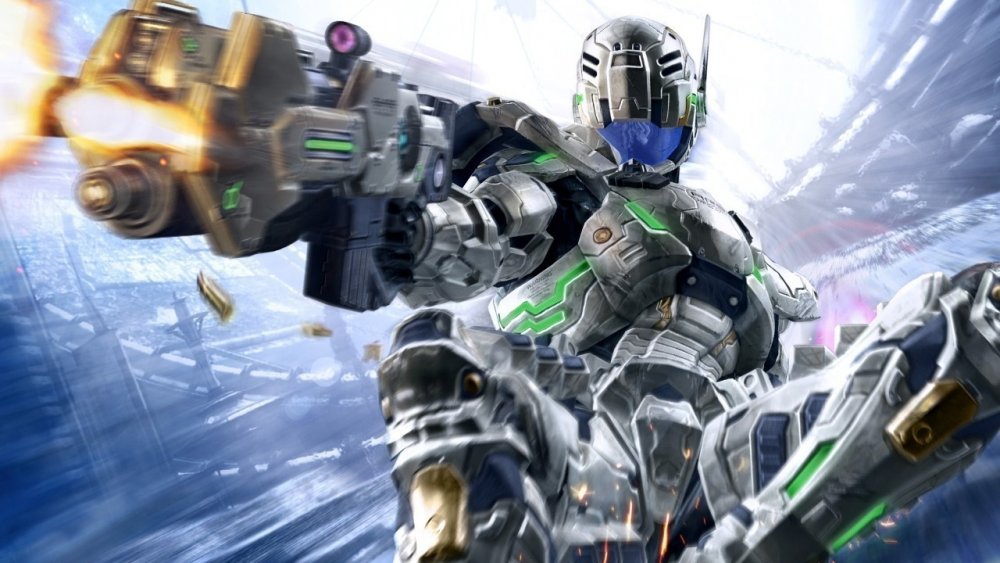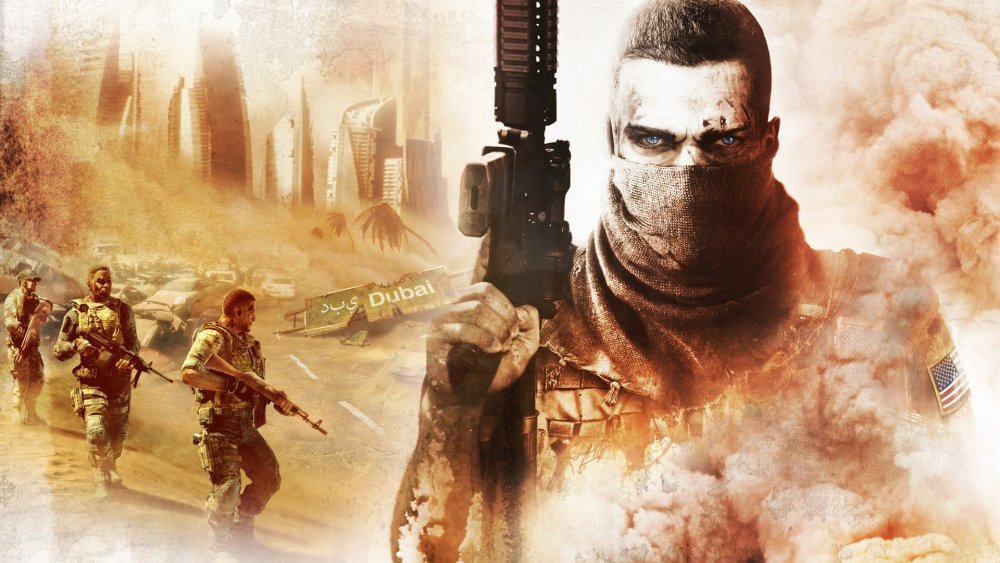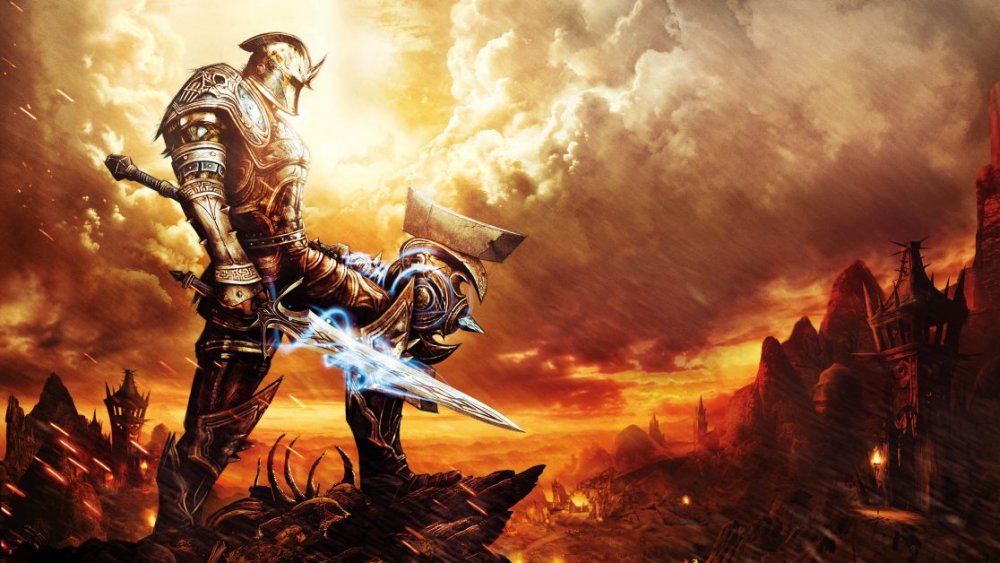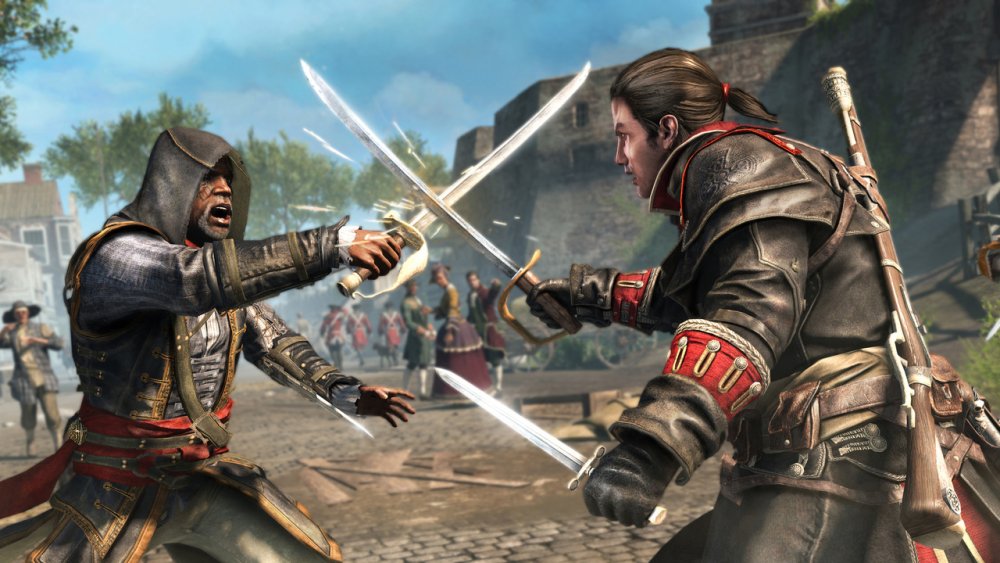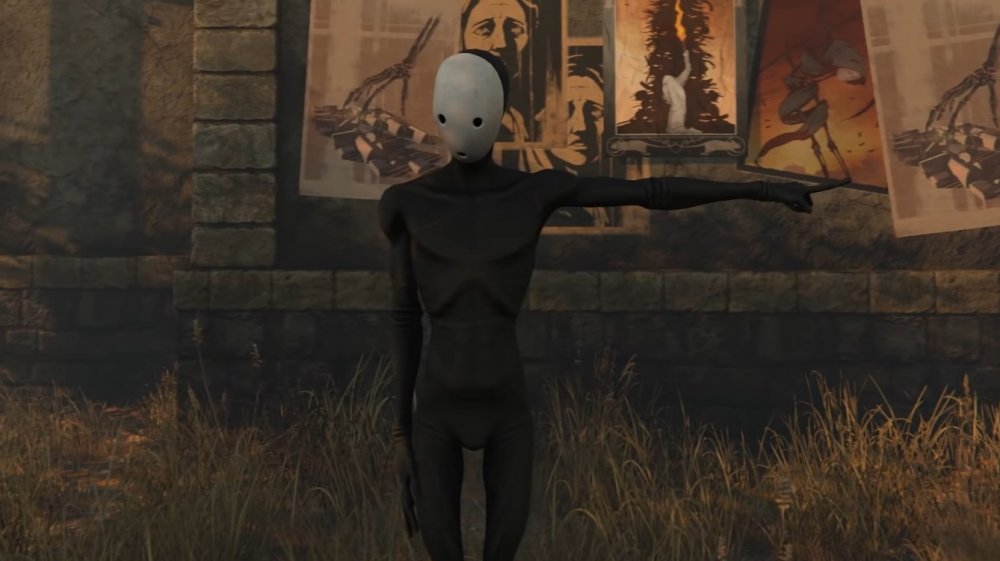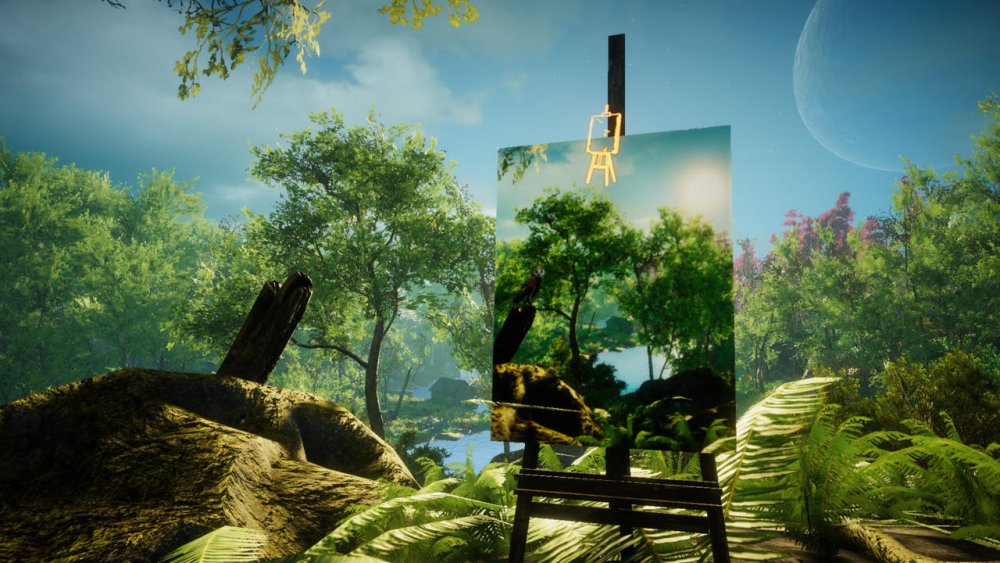The Most Underrated Games Of The Last Decade
The past decade is filled with gaming triumphs. Dark Souls reminded players of the value of a tough challenge, The Witcher 3 perfected AAA fantasy storytelling, VR made a comeback, and players even started going outside to catch Pokemon in real life. While many blockbusters emerged since 2010, to accurately measure the quality of a decade in gaming, it's important to shine a light on the titles that slipped through the cracks, drowning in the sea of more prominent names.
The previous ten years saw incredible advances through many lesser known titles that could have sprouted into full-on revolutions in the gaming world if only a larger number of people had played them. The following list was created not only to honor the unfairly forgotten but also give more players a chance to experience these forgotten gems and spread the word. Here are the most underrated games of the last decade.
Tales From the Borderlands
After becoming a big name in gaming with the massive success of The Walking Dead, Telltale Games began churning out projects based on popular properties such as Game of Thrones and Minecraft. Sadly, Telltale failed to achieve the same level of sales and popularity again, but the quality of the narratives in their games remained solid. Better than solid in the case of Tales From the Borderlands. While Telltale's games often garner criticism for their lack of player agency, unfolding more like interactive stories, Tales From the Borderlands actually gives players the final say regarding the fate of various characters.
The game takes place in a pre-existing setting, but its original plot and cast of characters make it great for established Borderlands fans and newcomers alike. Handsome Jack, one of the best aspects of the previous games, acts as the returning element. While The Walking Dead focuses on a heartbreaking narrative about family, Tales From the Borderlands infuses a similar theme with hilarity and good cheer. Telltale's ability to weave intricate and entertaining scenarios also sets Tales' story above the others found in the Borderlands series.
Asura's Wrath
Do you like God of War? Do you like anime? Do you like fun? Then look no further than Asura's Wrath, the result of a game director looking at Kratos — an actual deity — and deciding he needed his power multiplied hundredfold. And also more arms. A work of insane genius, Asura's Wrath has no structure. CyberConnect2 crafted each mission as a unique set piece of mass destruction. One moment, you'll find yourself destroying an armada of spaceships by firing gigantic energy blasts out of Asura's many arms. In the next moment, you're fighting Akuma from Street Fighter on the moon. Insane and unrelenting mass destruction remains the only constant.
Unsurprisingly, the over the top and arguably inconsistent nature of Asura's Wrath doesn't appeal to everyone. Despite positive reviews and some good word of mouth from niche audiences at launch, the game faded into obscurity over time. If you feel like playing something that will surprise you at each turn with its insane grandeur, then you can't miss Asura's Wrath. Just prepare to pay extra to see the true ending.
The Talos Principle
The smashing success of Portal 2 in 2011 made the world believe puzzle-oriented games could find mainstream prominence and become a mainstay in popular culture. The Talos Principle, another puzzle game, earned high marks from critics and players alike. It also sold well. So, why is The Talos Principle underrated? Because "well-received" doesn't always mean "recognized as the masterpiece it is."
Like Portal 2, The Talos Principle excels because it merges awesome puzzle mechanics with a great narrative. While the Portal games infuse the series with a darkly funny story, The Talos Principle takes a deeper path. Instead of making you wonder how to solve the awesome puzzles, The Talos Principle tells a story that will have you questioning the very nature of existence. You need the answers to these questions to reach the best possible outcome, but they also leave you with a long-lasting and rare sense of having learned a valuable lesson. It should come as no surprise that such a cerebral experience came from the minds responsible for Serious Sam, the fantasy-fiction shooter that merges ancient Egypt, black magic, and "psycho-powers."
Gravity Rush 2
The PlayStation 4 played a big role in making Japanese games available to a larger audience, however, players struggled to keep up with all the great games that came out of the country over the last decade. One of the biggest victims of this influx is Gravity Rush 2. The original Gravity Rush was a PlayStation Vita exclusive, but it was so good the sequel was promoted into a full-fledged PlayStation 4 game. Sony had high hopes for the followup. While Gravity Rush 2 does surpass its predecessor in every conceivable way, it sold poorly.
In Gravity Rush 2 you play as Kat, a girl who has gravity-defying powers. Kat can run on walls, and even fly. The flying mechanic is especially enjoyable because the game takes place not just in an open world, but an open universe consisting of various worlds players can fly between. If you've ever dreamed of soaring through space, Gravity Rush 2 is a must-play, and deserved far more attention than it received.
The Last Guardian
Living up to ICO and Shadow of the Colossus was never going to be easy. The developers at Sony's Team ICO knew they had to either release an amazing game or no game at all, which led to The Last Guardian spending nearly ten years in development hell. By the time it finally released in 2016, few people still believed in the project.
The Last Guardian received a lukewarm reception. Many players believe it would have been great in the PlayStation 3 era, however, it failed to meet more modern standards. Luckily, looking like a PlayStation 3 title doesn't detract from the experience. The game also suffered due to one of its best features. Instead of including an AI companion that blindly obeys every order, The Last Guardian has Trico, a big, dog-like creature you have to convince to perform tasks required to advance the story. The mechanic proved divisive, as only some players enjoyed the added difficulty, but both Trico and The Last Guardian reward your patience if you stick with them.
Titanfall 2
After the massive success of Call Of Duty: Modern Warfare 2, the masterminds at Infinity Ward left the studio to create Respawn Entertainment. The newly formed company then released Titanfall and Titanfall 2. If the first one was great, then Titanfall 2 is spectacular. It features innovations players have been desperately asking for from the Call of Duty series for years now, but since they're present in a game not marketed by the gigantic Call Of Duty brand, many people failed to notice.
Titanfall 2 revolutionized movement in first-person shooters. It features game-changing mechanics such as grappling hooks, wall jumping, wall-running, and the ability to use a variety of awesome battle mechs. It also features an excellent campaign. Titanfall 2 experienced a surge in player count upon the release of the surprise success Apex Legends, a triumph Titanfall 2 helped achieve. It's nice that the game is finally getting recognition, but it's still far from the acclaim it deserves.
Vanquish
When you think about revolutionary third-person shooters, Resident Evil 4's reinvention of the genre and Gears of War's genre-perfecting cover and blind fire mechanics likely come to mind. While it looks like third-person shooters have gone stagnant over the past decade, that's not entirely the case. 2012 saw the release of Vanquish, a crazy third-person shooter featuring robots and all the insane battle enhancements that naturally come with that.
Vanquish marks the return of Shinji Mikami, the director of Resident Evil 4, to the genre. It feels like he picked up Gears Of War and found it too slow. In Vanquish, instead of taking cover behind objects, you can use your rocket-fueled propellers to slide on your knees, move all around the map, and dodge enemy fire. Vanquish features incredible non-stop, high-speed action, so you won't have to worry about getting bored. Despite introducing serious innovation to an already proven genre, Vanquish failed to reach a broad audience, even when remastered for PC.
Spec Ops: The Line
If Call of Duty: Modern Warfare is Saving Private Ryan, then Spec Ops: The Line is Apocalypse Now. It seems impossible that such a fantastic thing would go unnoticed, but doing the impossible is just another day for Spec Ops: The Line. In what should be the most revered war narrative in the history of gaming, Spec Ops: The Line takes players to a decimated version of Dubai that succeeds at being both terrifying and unsettlingly beautiful.
Spec Ops: The Line is terrifying not because it shows a desolate world crawling with enemies, but because it delves deep into the psyche of the members of the squad, who are consumed by the madness of war until they inevitably end up committing atrocities. It's not all doom and gloom, however. The game features fun gunplay and several interesting action set pieces. Its crowning achievement is the ending, which will likely leave you questioning your enjoyment of war games.
Kingdoms Of Amalur: Reckoning
They say there's no such thing as bad publicity, but when a game is only famous because of its crazy development cycle, there's cause for concern. The development cycle for Kingdoms of Amalur: Reckoning was indeed rocky, with the game going over budget and the developers having to scrap the original plan to make it an MMO. Despite its troubled past, Kingdoms of Amalmur: Reckoning deserves recognition for all it accomplishes, especially considering it started as the pet project of a former baseball pitcher with no prior game development experience.
Reckoning manages to deliver a better medieval RPG combat experience than Skyrim. Despite being single-player only, the setting is rich in lore. Kingdoms Of Amalur: Reckoning was so overlooked Electronic Arts slashed the price and even gave it away for free not even two years after its release. The game deserved a better fate.
Assassin's Creed: Rogue
How can an Assassin's Creed game get excellent reviews and still fail in terms of sales? In the case of Assassin's Creed: Rogue, the answer is too much Assassin's Creed. Rogue launched on the already dying PlayStation 3 when Ubisoft was only interested in promoting the upcoming Assassin's Creed: Unity for the PlayStation 4. Interestingly, Unity didn't steal Rogue's thunder because it was a better game. It accomplished this by being so buggy at launch it became the only game people talked about for weeks.
Assassin's Creed: Rogue is more in line with classic Assassin's Creed games. Since the devs were working with something familiar, the result wasn't revolutionary, but Rogue was a solid addition to the franchise. It's not the gampleay that makes it interesting but the story. Assassin's Creed: Rogue is the only game in the series that lets players step into the shoes of an assassin who joins the Templars. The game's critical success spurred Ubisoft to later release it on the PlayStation 4, but it was already too late for the neglected adventure to achieve the same notoriety as other Assassin's Creed titles.
Pathologic 2
It's easy to understand why most people haven't played Pathologic 2. The game is such a complex experience that even its name can throw you off. Despite having "2" in its title, Pathologic 2 is actually a remake of the original Pathologic and not a sequel. How many players would commit to a game that looks like the sequel to a title they never knew existed?
Fortunately, Pathologic 2 does a great job of improving upon the original. It tells the story of a doctor tasked with saving a fictional town from a mysterious plague. It is a survival horror game in which the enemies are not zombies but the natural hardships that come from trying to survive in a town engulfed in misery and disease. Pathologic 2 is a very challenging game. Your resources are limited, and everything is deadly. It's easy to die from the plague or starvation. Despite good reviews, it's not surprising Pathologic 2 struggled to find its way into the heart of players.
Eastshade
Most successful games these days feature at least some degree of violence. Eastshade is a beautiful alternative to the blood-soaked spectacles that have grown in popularity, and an amazing game in its own right. Eastshade challenges you to put down your swords and guns for a while to enjoy the wonders of painting. Yes, you read that right.
In a game like no other, you find yourself shipwrecked on an island. Your goal is not to kill monsters and escape, but to enjoy the pleasures of capturing the beautiful landscapes. The island is otherworldly and filled with welcoming inhabitants, providing a stunning and relaxing experience that could turn even the most stressed-out player into the next Bob Ross. As a niche game, it's not surprising Eastshade flew under the radar, even with overwhelming praise from critics and the few players who have experienced it. Hopefully, as the world moves into the next decade more people will see the value of trading their weapons for a paintbrush.

